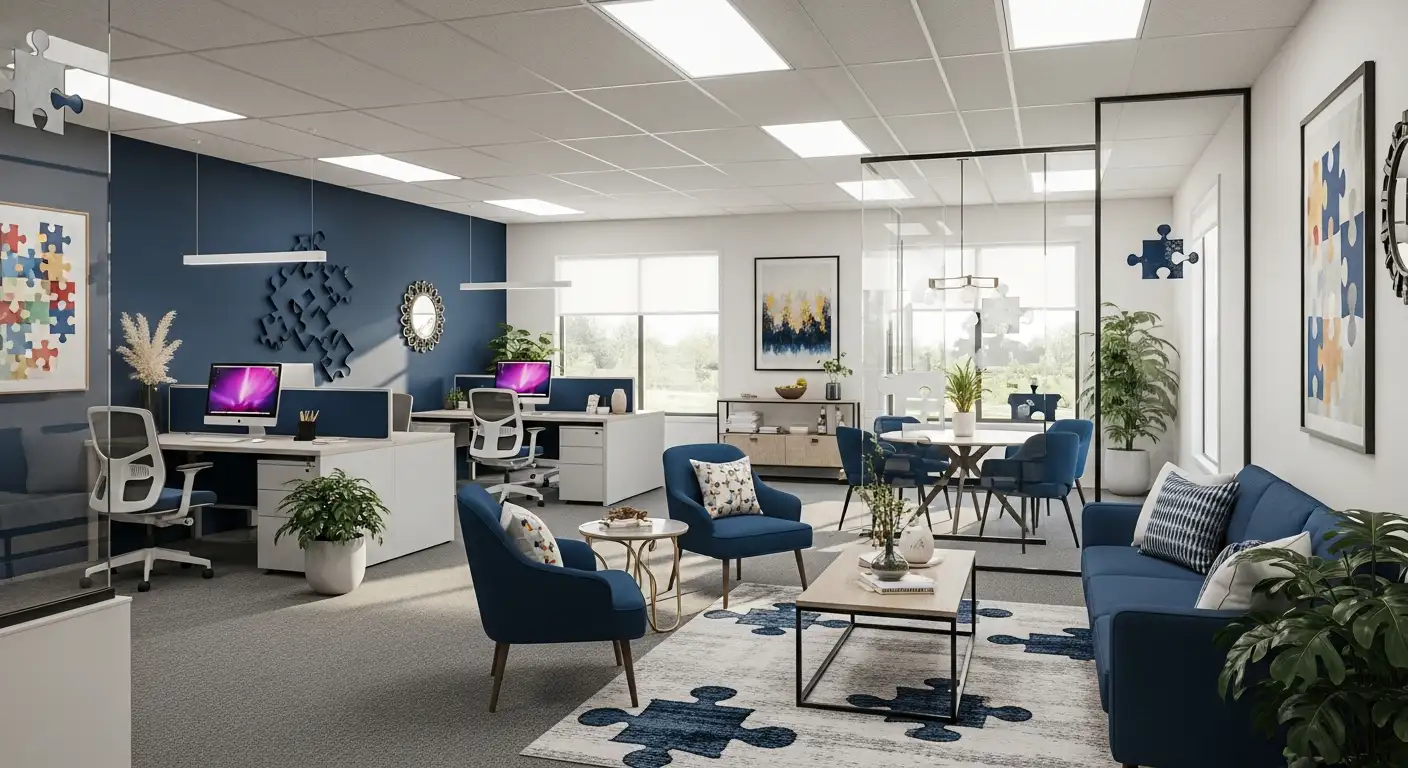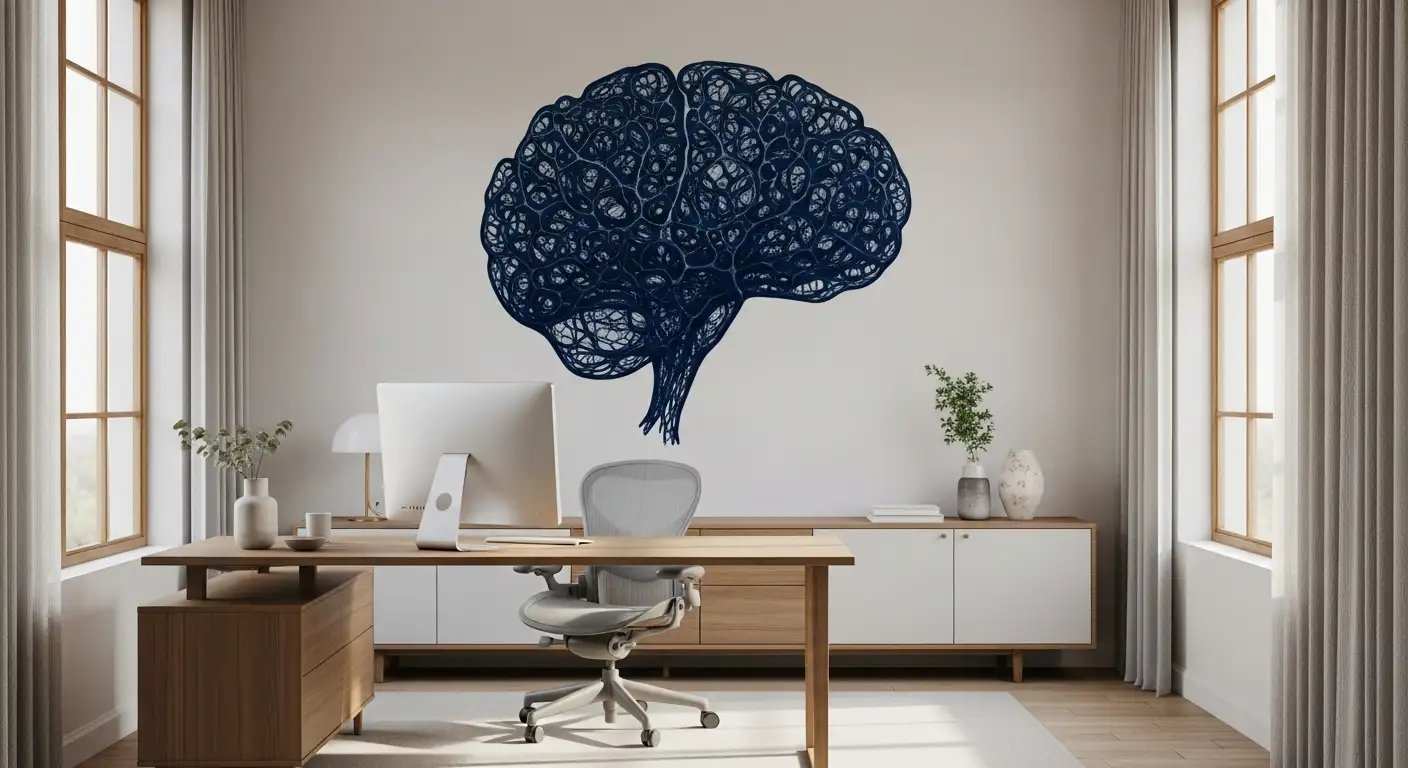If you’re a parent of an autistic child, you’ve probably come across the word neurodiversity. Neurodiversity is the idea that everyone’s brain works a little differently and that those differences aren’t “bad” or “broken.” Autism, ADHD, dyslexia, and other neurological differences all fall under the umbrella of neurodiversity. Neurodiversity means there is no one "normal" brain. Using this perspective, there is no one right way to learn, communicate, or experience the world around us. Some people are neurotypical, meaning their brains process the world in ways that are considered typical or expected by society. Others are neurodivergent, meaning their brains work differently in areas like communication, learning, focus, or sensory experiences.
People’s brains are naturally different from one another, and those differences are part of human diversity similarly to eye color, personality, or hair color. This perspective helps shift the focus from trying to "fix" a child and instead to understanding and supporting them. Rather than seeing these differences as “problems” to be fixed, neurodiversity reminds us that all brains have strengths and challenges and that these differences can bring valuable perspectives, creativity, and insight to the world.
If your child is autistic, neurodiversity reminds us that their way of thinking, feeling, and interacting is valid. It might look different from what we’re used to, but it is not wrong. And it does not need to be hidden. The neurodiversity movement celebrates the differences in neurology that make individuals unique.
ABA has evolved a lot over the years. Today, many of us in the field are working hard to make sure therapy is affirming, supportive, and person-centered. Your child’s ABA team should be focusing on helping your child thrive, not blend in or try to appear more “neurotypical”. The team should also listen to what your child is communicating, even if they are not using their words. A focus on useful skills that will help your child be more independent should be a priority. Your child’s ABA team should celebrate your child’s wins and lean into their interests.
At Key Autism Services, we see our role as supporting your child, not changing who they are as an individual. We want to help them build skills that matter to them and to you, in ways that are respectful, positive, and meaningful. If you are interested in learning more about Key Autism Services and the services we provide, please reach out to webinfo@keyautismservices.com








